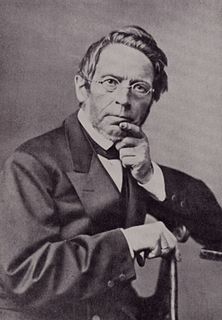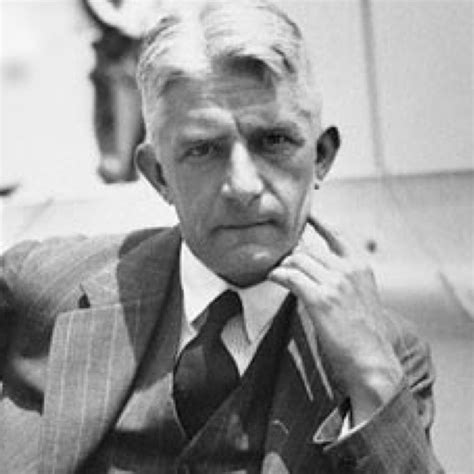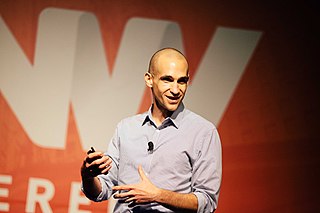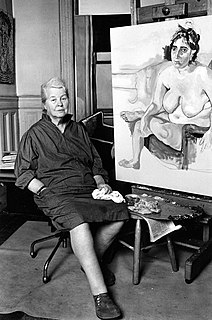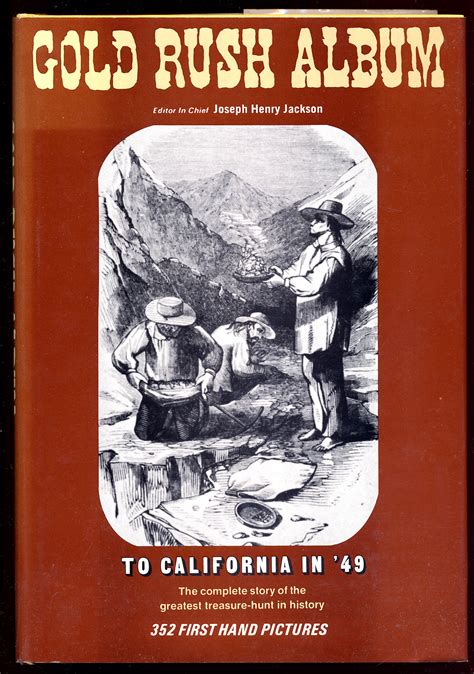A Quote by Isaac Asimov
The history of science is full of revolutionary advances that required small insights that anyone might have had, but that, in fact, only one person did.
Related Quotes
All revolutionary advances in science may consist less of sudden and dramatic revelations than a series of transformations, of which the revolutionary significance may not be seen (except afterwards, by historians) until the last great step. In many cases the full potentiality and force of a most radical step in such a sequence of transformations may not even be manifest to its author.
Whoever sides with the revolutionary people is a revolutionary. Whoever sides with imperialism, feudalism and bureaucrat-capitalism is a counter-revolutionary. Whomever sides with the revolutionary people in words only but acts otherwise is a revolutionary in speech. Whoever sides with the revolutionary people in deed as well as in word is a revolutionary in the full sense.
The world has changed far more in the past 100 years than in any other century in history. The reason is not political or economic but technological-technologies that flowed directly from advances in basic science. Clearly, no scientist better represents those advances than Albert Einstein: TIME's Person of the Century.
Anyone can run for office. When I ran for Governor of Minnesota, the only requirement was that you had to be a state resident. I believe you had to be over thirty five years old, something like that. That's the way our country was founded. That anyone can run for office. That you're not required to be a lawyer, you're not required to be anything.
Madness in Civilization is a brilliant, provocative, and hugely entertaining history of the treatment and mistreatment of the mentally ill. Packed with bizarre details and disturbing facts, Andrew Scull's book offers fresh and compelling insights on the way medicine's inability to solve the mystery of madness has both haunted and shaped two thousand years of culture. Required reading for anyone who has ever gone to a shrink!
It is clear that while science provides insights into the complexity of the world around us, those insights...present a fractured mosaic rather than a seamless whole. There are profound limits to science that must be recognized if we are to minimize the destructive consequences of using the powers provided by scientific discovery.
It has been a fortunate fact in the modern history of physical science that the scientist constructing a new theoretical system has nearly always found that the mathematics. . . required. . . had already been worked out by pure mathematicians for their own amusement. . . . The moral for statesmen would seem to be that, for proper scientific "planning", pure mathematics should be endowed fifty years ahead of scientists.








